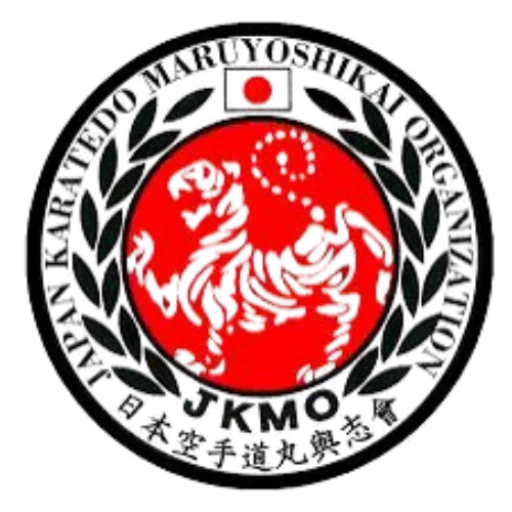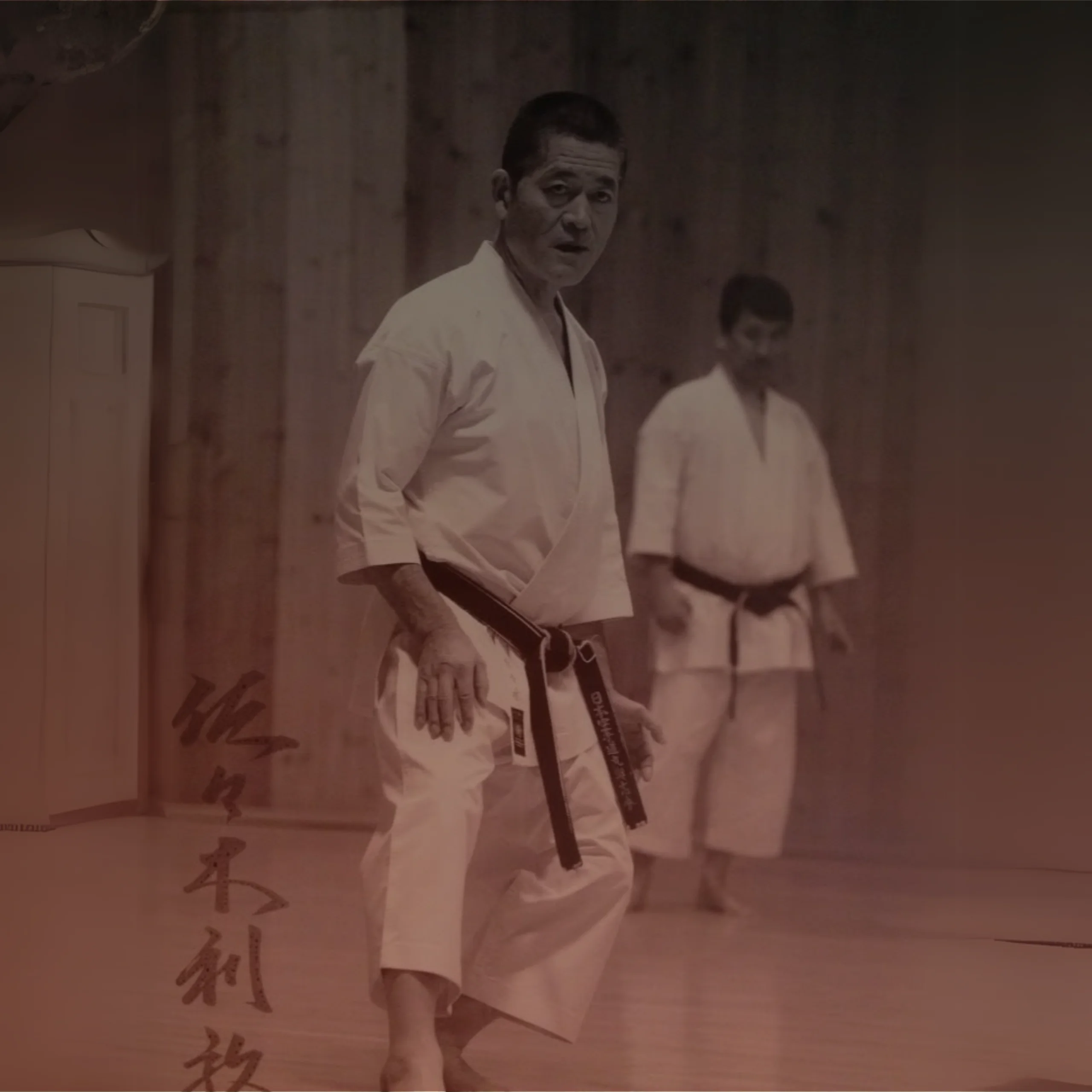
About JKMO
The Japan Karate-do Maruyoshikai Organization (JKMO) is an international Shotokan Karate association founded in 1965 under the leadership of Kancho Sasaki Toshiatsu (Japan). A direct student of Master Masathoshi Nakayama, Kancho Sasaki was one of the senior Referees in the initial stages of World Karate Federation (WKF)
As one of the only few instructors in the world who are officially sanctioned to teach Shotokan mandatory kata, as prescribed by the WKF, Sasaki Shihan, is world renowned as the “Instructor’s instructor.”



Trusted by 1k+ Students
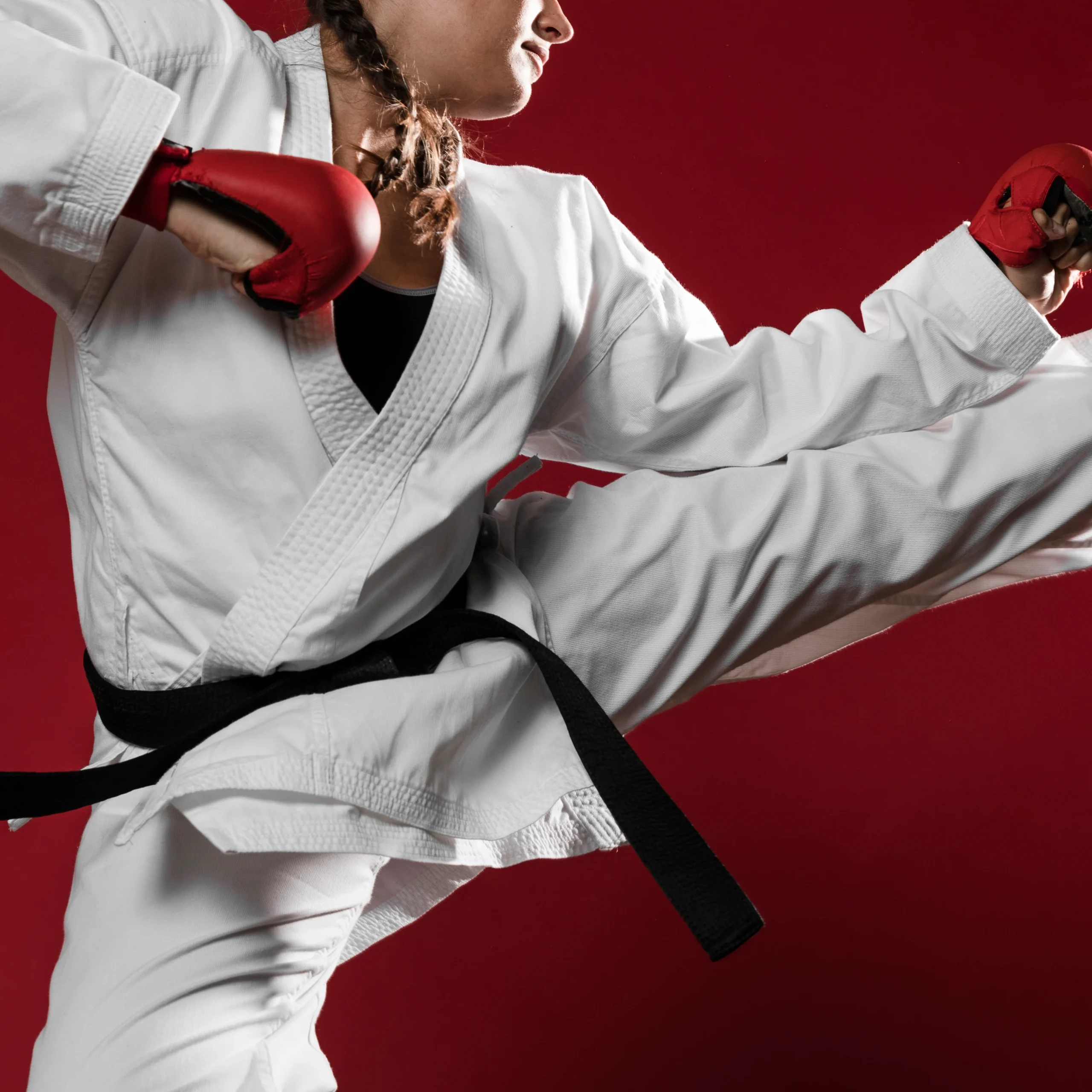
About Us
In the UK, JKMO is led by National Chief and Examiner, Sensei Max Joseph, a highly respected Karate master dedicated to upholding and teaching traditional Shotokan Karate. He began his karate journey at the age of 10, showing passion and dedication from a young age. He is a native of Kerala, in the southwestern part of India, widely known as ‘God’s Own Country.’
Throughout his martial arts career, Sensei Max has trained under legendary masters such as Shihan Bonnie Roberts (Sri Lanka), Shihan Sasaki Thoshiatsu (Japan) and the WKF Referee and certified coach, Shihan Dr. Shaji S. Kottaram.
In addition to his expertise in Karate, he also trained extensively in other martial arts such as Kalari Payattu and Mixed Martial Arts (MMA). He has participated in and won numerous championships at the state, national, and international levels in both Kata and Kumite. One of his most remarkable achievements was becoming the MMA (Mixed Martial Arts) champion for three consecutive years while pursuing his bachelor’s degree in Bangalore, India.
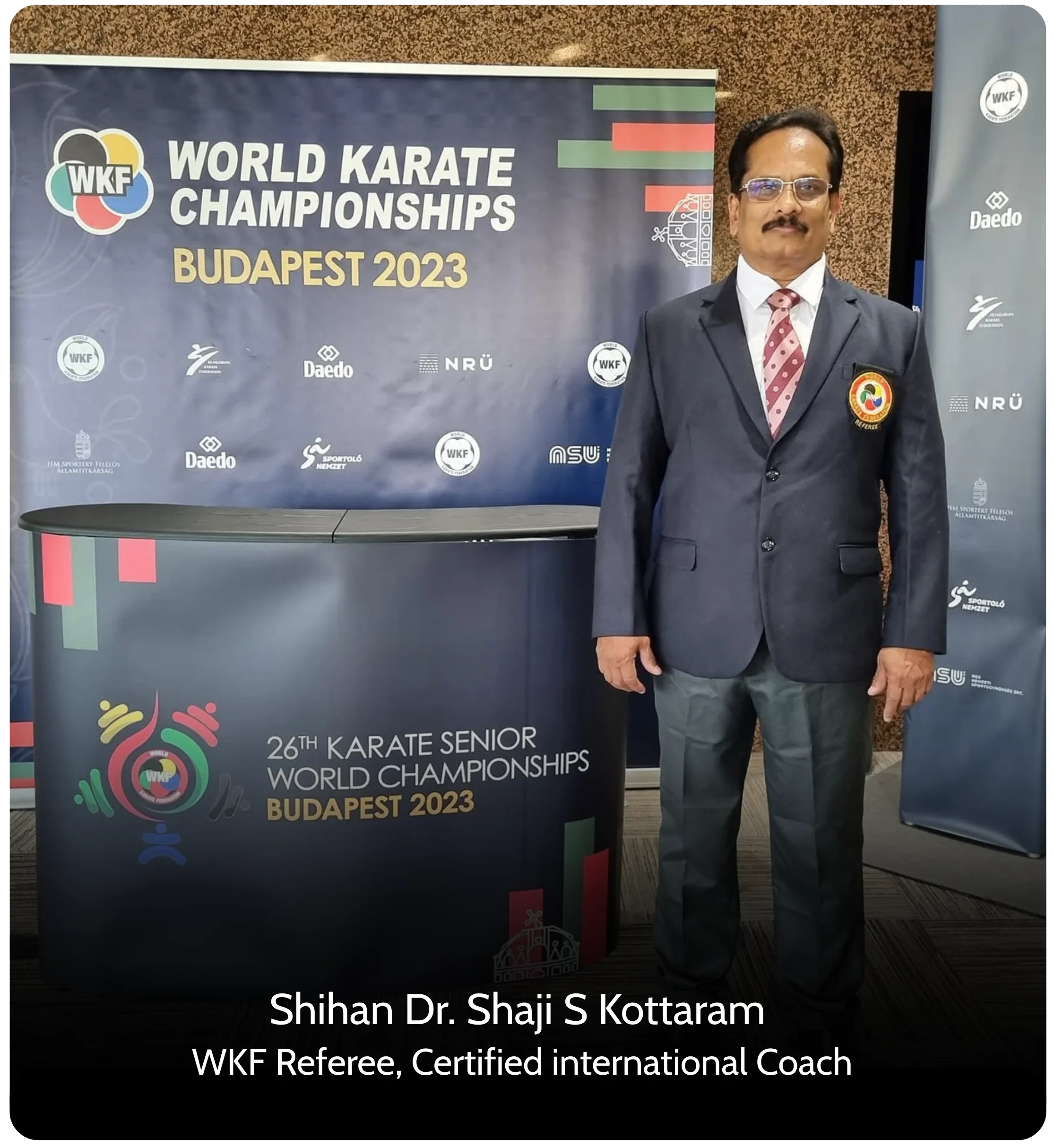
Our Steady Growth Across UK
JKMO UK has steadily grown its presence with active branches in Newham, East Ham, Upton Park, Southampton and several other locations. The organization functions under the direct mentorship of Shihan Dr. Shaji S. Kottaram, an internationally recognized WKF referee. His regular visits to the UK for seminars, training camps, and referee clinics ensure that students and instructors alike benefit from world-class guidance and continuous development.
Our Responsibility
At JKMO UK, our mission is to preserve, propagate, and refine traditional Shotokan Karate by emphasizing authentic technique, discipline, and training methods. We are committed to fostering a global community of Karate practitioners, ensuring that the essence of Shotokan Karate continues to thrive.
Belt System & Grading
The Shotokan Karate grading system provides a structured pathway for students to develop their skills and progress toward Black Belt. Each grading test marks a significant milestone, and successful candidates receive an official certificate and belt.
Our Black Belt grading is conducted by a panel of senior-ranking instructors, chaired by a WKF-certified coach and internationally renowned referee, ensuring the highest standards of evaluation and integrity.” The certification awarded by the Japan Karate-do Maruyoshikai Organization is recognized and valid in numerous countries worldwide.
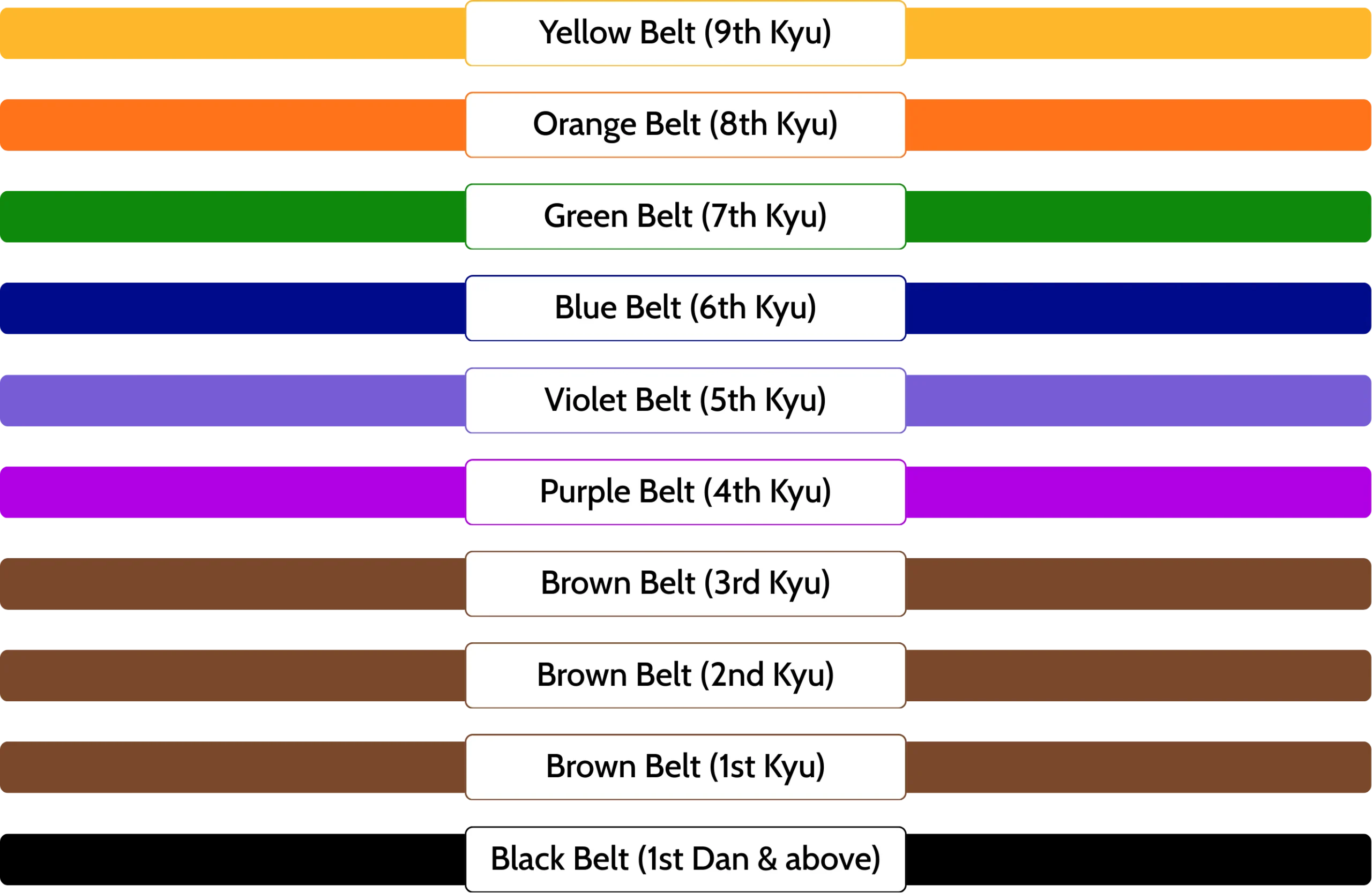
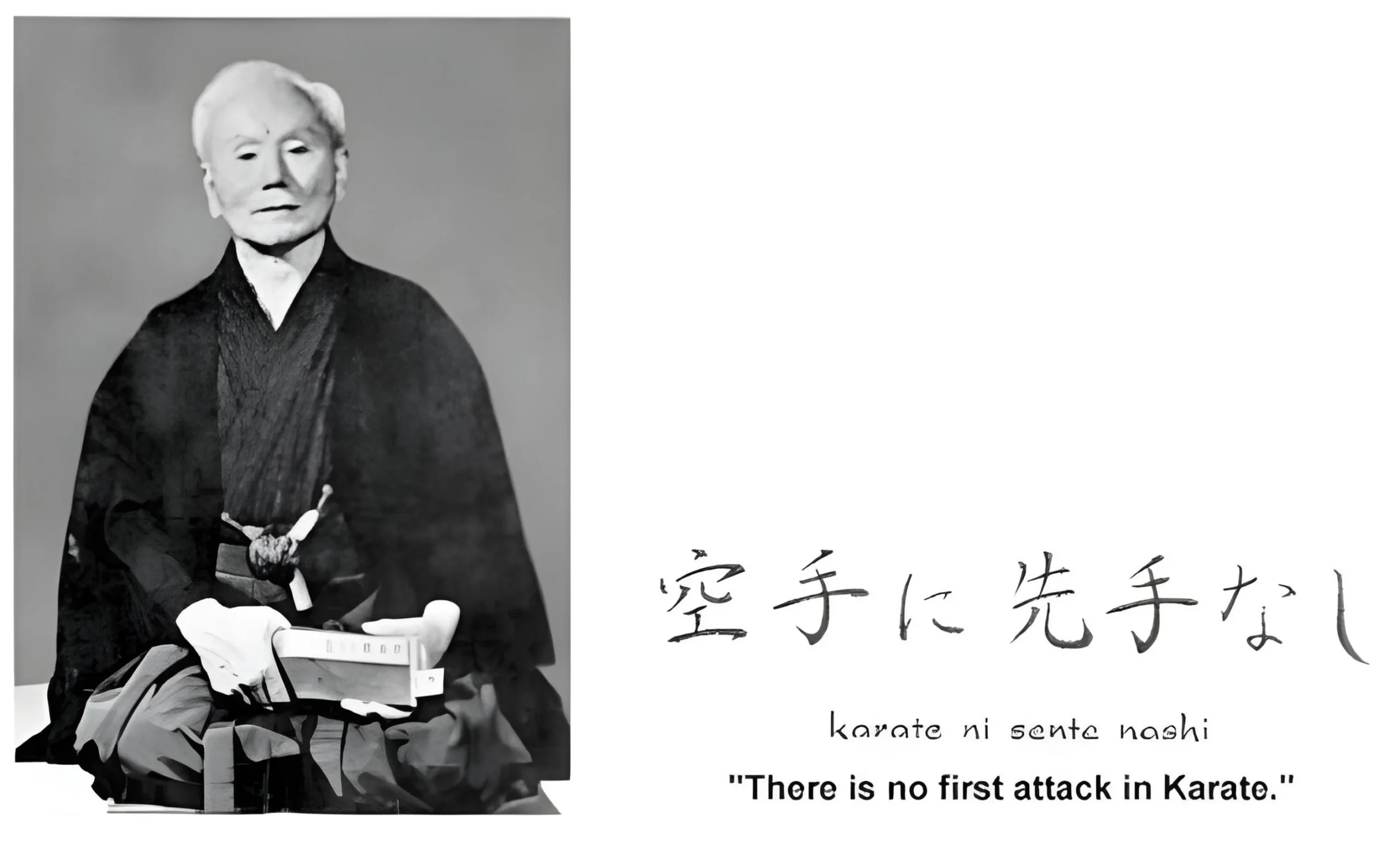
History of Karate
Widely considered as the father of modern karate, Gichin Funakoshi was primarily responsible in introducing the Okinawan art of karate, to mainland Japan. From there, this fascinating and engaging art spread like wildfire throughout the world.
Master Funakoshi was born in 1868. He began his karate training at the age of 11, and was a student of two of the most well known masters of the time. Due to his diligence, he grew proficient in almost all of the major styles of karate in Okinawa.
Although used for extreme self-defense, the word "Karate" Learn more meant a deeper and more extensive understanding to Funakoshi. To train in Karate, meant to train in the spirit of the empty hand, peace, friendship, and the inner beauty that it entails.
In 1916 he was invited to give a demonstration of the art of Karate at the Butokuden in Kyoto, Japan, which at that time was the center of all Japanese martial arts. However it wasn't until 1921, during a visit to Okinawa by the Crown Prince (who later became the Emperor of Japan), that karate made its impression on the young prince and upper echelon of the Japanese society. So successful was this demonstration, that in the early parts of 1922 Master Funakoshi was invited to Tokyo to present his art at the First National Athletic Exhibition in Tokyo. Consequently, he was persuaded to stay on the mainland, and instruct the art of karate.
Funakoshi sensei taught only one method, a total discipline, which represented a synthesis of Okinawan karate styles. This method became known as Shotokan, literally the house of Shoto, which was the Master's pen name for his poetry, meaning the sound of the wind blowing through pines. During the later years, Master Funakoshi attempted to bring in to his teachings, some of the more rudimentary movements and techniques of Naha-te, best exemplified in the style of Goju-ryu, literally meaning the hard and the soft way. Alas, time was too short and the changes did not take place.
Shotokan karate is one of the most widely practiced forms of karate in the world today, and one of the most traditional. It puts heavy focus on kihon (basic techniques), kata (forms), and kumite (sparring) to develop a range of powerful and dynamic techniques.
In its root, Shotokan is a quick and powerful style. It tends to absorb the energy of the opponent, and ruthlessly counter-attack from an angled position.
Practitioners of Shotokan are well known for their strong legs, due to the extensive training in low and powerful stances, as well as their strong and fast hands and kicks. they also have great flexibility and variety in the arsenal of techniques that they have acquired, and the methodology by which they implement them. To quote Master Funakoshi, "Low stances are for beginners, natural movements are for advanced."
In contrast to their physical ferocity, Shotokan practitioners are examples of correct and proper etiquette, and behavior. Following the five main precepts of karate training set by Master Funakoshi, in his Dojo Kun or the basic code of conduct.
As followers of Shotokan Karate methodology, Academy of Karate is proud to uphold the highest level of integrity and professionalism, as taught by Master Funakoshi, and our Chief Instructor, Shihan Toshiatsu Sasaki. We wish to exemplify and follow as closely as humanly possible, those ideals that makes Shotokan karate, one of the most popular styles of Japanese/Okinawan Karate in the world.
Join Our Supportive Karate Community
Please feel free to share your thoughts and we can discuss it over a cup of tea.
